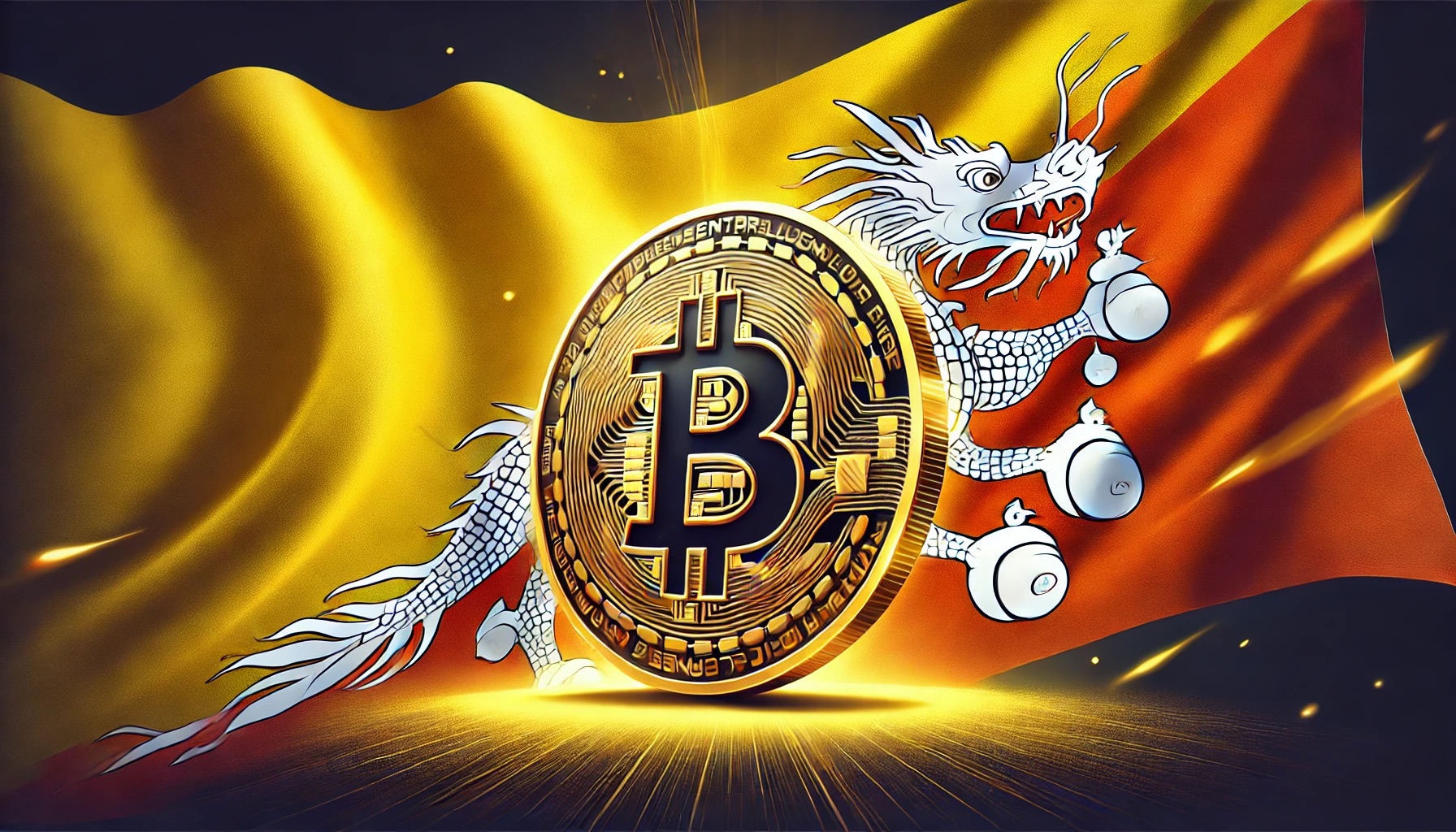Europe’s ambition to launch a digital euro by 2029 is facing strong resistance from the region’s biggest financial institutions. Fourteen leading European banks, including Deutsche Bank, BNP Paribas, and ING, have united to oppose the European Central Bank (ECB) plan, arguing it could disrupt private payment systems and duplicate market-driven innovations.
The group instead supports Wero, a bank-led digital payment initiative already active in Belgium, France, and Germany. Wero was developed to reduce Europe’s dependence on non-European payment giants such as Visa, Mastercard, and PayPal. Bank executives claim the ECB’s proposed retail digital currency risks undermining private progress rather than enhancing financial sovereignty.
This growing resistance is influencing European lawmakers, many of whom are urging the ECB to scale back the digital euro project. Legislators argue that the current proposal lacks clear advantages and could overlap with existing systems. Some are now advocating for a limited, offline-only version that functions as a digital equivalent of cash, allowing payments without internet access while avoiding direct competition with commercial providers.
Despite the criticism, the ECB continues to prepare for a 2027 pilot phase, though full implementation will require approval from the European Parliament and member states.
At the same time, the EU’s Markets in Crypto-Assets (MiCA) regulation is creating new challenges for European issuers. While MiCA ensures par-value redemption without fees, U.S. rules permit stablecoin issuers to impose redemption costs and prioritize domestic holders—giving American companies a competitive advantage. Analysts warn this could expose European firms to greater redemption risks and increase reliance on U.S. dollar-backed stablecoins, which continue to dominate global digital liquidity markets.
As Europe debates its digital currency future, both the digital euro and MiCA framework highlight a growing dilemma: how to enhance financial sovereignty without stifling innovation or strengthening foreign monetary influence.

























Comment 0